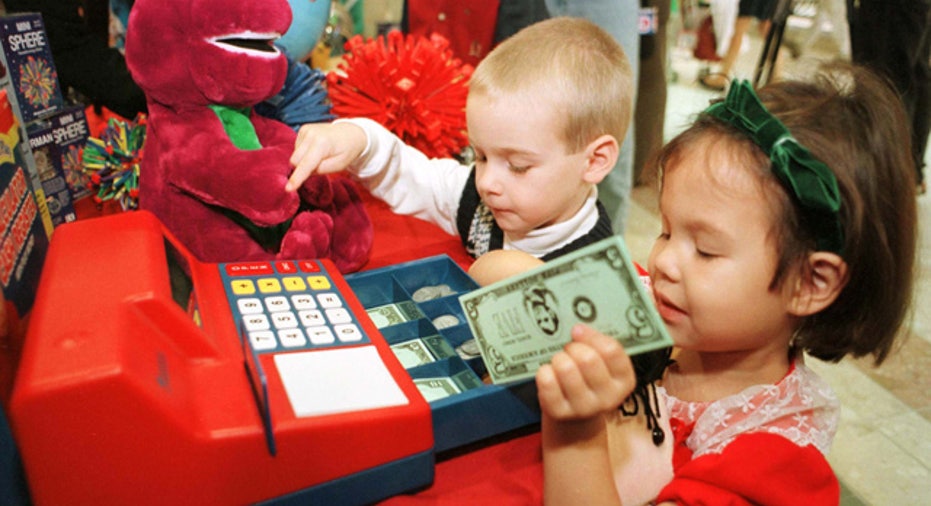More Boys Than Girls Wet Their Beds

About five in 100 kids wet the bed at night, but boys are more than twice as likely to do it than girls, a new study says.
In a study of about more than 6,000 children, researchers found that about seven out of 100 boys and three out of 100 girls wet their beds at least once a month.
Bedwetting is hereditary in four out of ten cases, said Dr. Joseph Barone, pediatric urologist at the Bristol-Myers Squibb Children's Hospital in New Brunswick, New Jersey.
Sometimes the link between the bladder and the brain isn't fully developed yet, he said, and more boys than girls tend to be bedwetters because girls mature faster. But by age 15, 99% of kids outgrow it, Barone, who did not work on the Journal of Pediatrics study, told Reuters Health.
The researchers had parents of about 3,000 girls and 3,100 boys in Hong Kong fill out questionnaires on how often their kids wet the bed. The kids were between 6 and 11 years old.Unsurprisingly, the researchers found that bed wetting decreased with age. Nine out of 100 six-year-olds wet their beds, versus two out of 100 eleven-year-olds.
In most children, the best way to cure bedwetting is to use an alarm, Barone said. This is a sensor in a child's underwear, which goes off when it gets wet. It's connected to an alarm on a wristband or next to their head.
Most cost about $50 or $60, although some of the fancier models can cost up to $150. The alarm systems are considered the first choice, and they work 80 to 90% of the time if used properly, he said.
If this doesn't work, there are also medications, Barone said, such as desmopressin acetate (known as DDAVP) or imipramine. However, these do have side effects, and they are a treatment, not a cure, he said.
The researchers, from the Prince of Wales Hospital at the Chinese University of Hong Kong, did not respond to requests for comment by deadline.
They also took a smaller group of children -- about 400 that were at a high risk for sleep apnea, and 200 who were not -- to see if sleep apnea was linked to bedwetting.
They found that it was not -- about nine out of 100 kids in both groups wet the bed. This is a higher rate than in the larger group they studied, perhaps because they were directly observed in a sleep lab.
Past studies have shown a link between the sleep disorder - which affects about one in 50 kids, according to the American Academy of Pediatrics -- and bed wetting.
Sleep apnea in kids is usually treated by taking out kids' tonsils or adenoids. If these kids are also bedwetters, about half the time that will stop as well, Barone said.
But in most kids, the alarms work, he said.
"Nothing else is going to cure bedwetting, other than outgrowing it," Barone said.



















